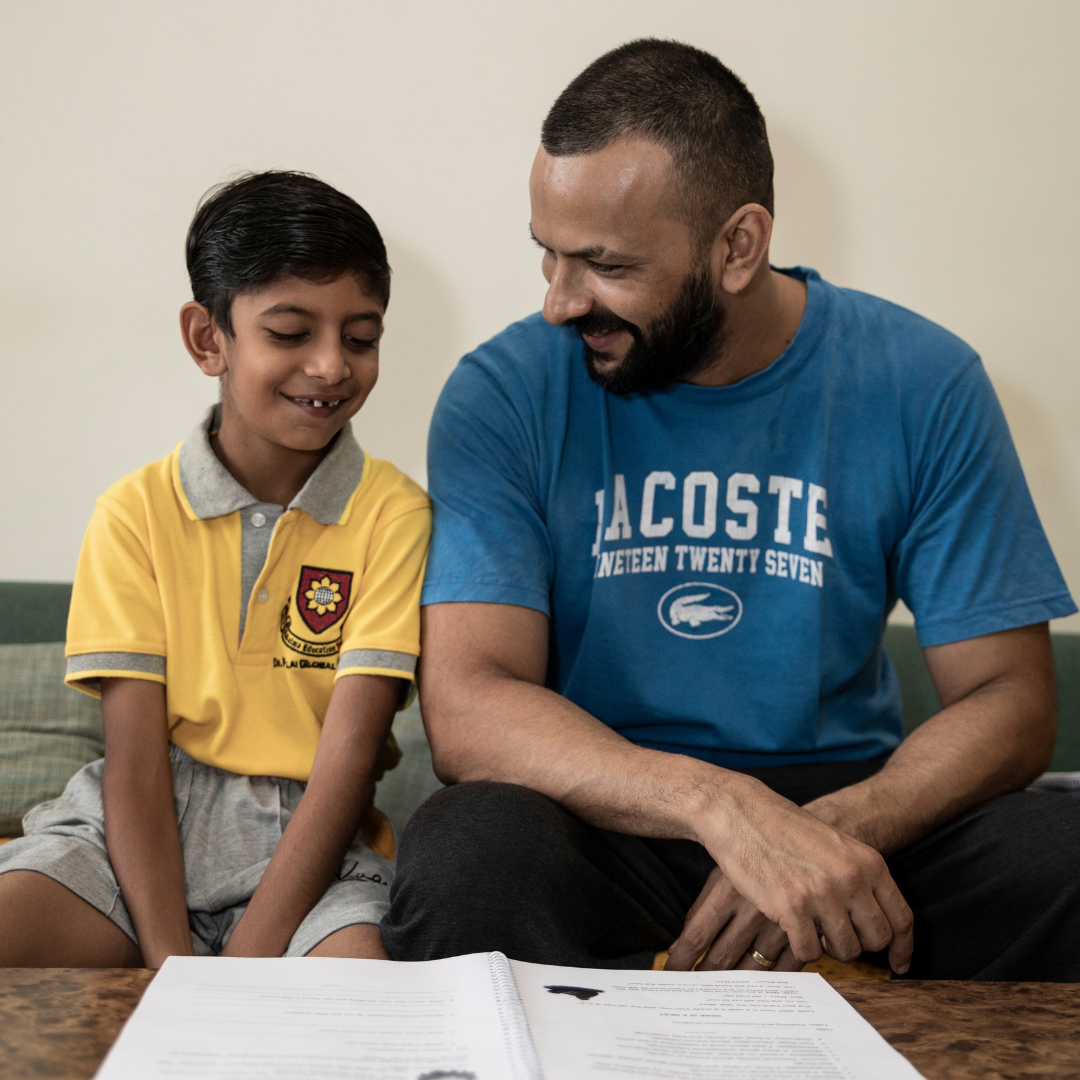Every parent wants to have a healthy relationship with their children. When parents can have positive interactions with their children and share in their children’s joys and successes, they can support their children’s emotional needs more. When parents approach their children with warmth and respect, children are more likely to view their parents as reliable. A healthier parent-child relationship can help children develop better self-esteem, which may help children navigate the difficulties of adolescence.
Parent-child relationships can be complicated. Both parents and kids probably love spending time with one another but disagree often. Some parents are strict, while others tolerate more or less their children’s wishes. It’s not always easy to make everyone happy, but these tips can help parents better manage their children’s emotions.
Recognize your parental responsibilities
Often, parents don’t realize they are their children’s legal guardians until they file for a divorce. This is why knowing the custody agreement when you are married is so important. If you are in a relationship with a child’s other parent, you should make an agreement with that parent on how you will share parental duties and responsibilities. Likewise, if a couple is going through a divorce, they should make relevant documentation for child custody and support with the help of a Family Law Attorney Phoenix, or one located closer. This helps designate time and finance for each parent as agreed on in the documents.
Each other’s boundaries must be respected
Healthy parent-child relationships are essential to a child’s development. Parents are their children’s first and most important role models. It is crucial that they model positive relationships, encourage their children to feel safe and secure, and set appropriate boundaries and limits.
Pay close attention
It is normal for parents to feel their children are incapable of making good life decisions. As parents and caregivers, we tend to be overprotective, which can prevent our children from learning how to make good decisions. It is our job to help guide our children, instilling in them the right and wrong ways to handle situations.
Spend time together laughing
Pleasing a child takes work, and parenting is hard work. There’s no one right way to do it, but parents should try to spend time with their children doing something they enjoy. When you do, your children will respect you more. And they’ll walk away happier and healthier, too.
Express your emotions to one another
While growing up, many kids struggle in their relationships with their parents. This is perfectly normal, as parents can be the best or worst influence a child can have. If children grow up thinking that their parents don’t care about them, they will have a hard time trusting others, and this can even affect their adult life. On the other hand, if parents do not express their feelings to their kids, children may grow up thinking that their parents don’t care, and this can result in a strained relationship.
Maintain your cool in stressful situations
When children become teens, parents generally agree that parenting gets even harder. Parents who have a contentious relationship with their teen peers will find communicating and working together even more difficult. But the good news is that parents can learn to assert themselves without getting angry and frustrated.
Having a parent or loved one that is struggling with addiction can be extremely difficult. Often, parents of addicts become enablers or even addicts themselves, putting them and their children at risk. When parents get involved in their children’s lives, they not only put their children at risk but also the child’s loved ones.
Helping your child through tough times starts with just being there for them. Listening to them, and being their rock, is invaluable and will allow your child to come to you when they need help. So, be patient, be caring, be caring, and be there for your child. Having a child write is very beneficial. Writing about their feelings allows them to process these feelings. Having your child write out their feelings will help them deal with their feelings without fully experiencing them. Focus on your child’s strengths. This allows them to focus on what they love rather than their weaknesses. Also, don’t let your child be like the parent. Their focus should be on their child, not yours. Make sure your child gets plenty of sleep. Students need at least eight hours of sleep daily.

Leave a Reply